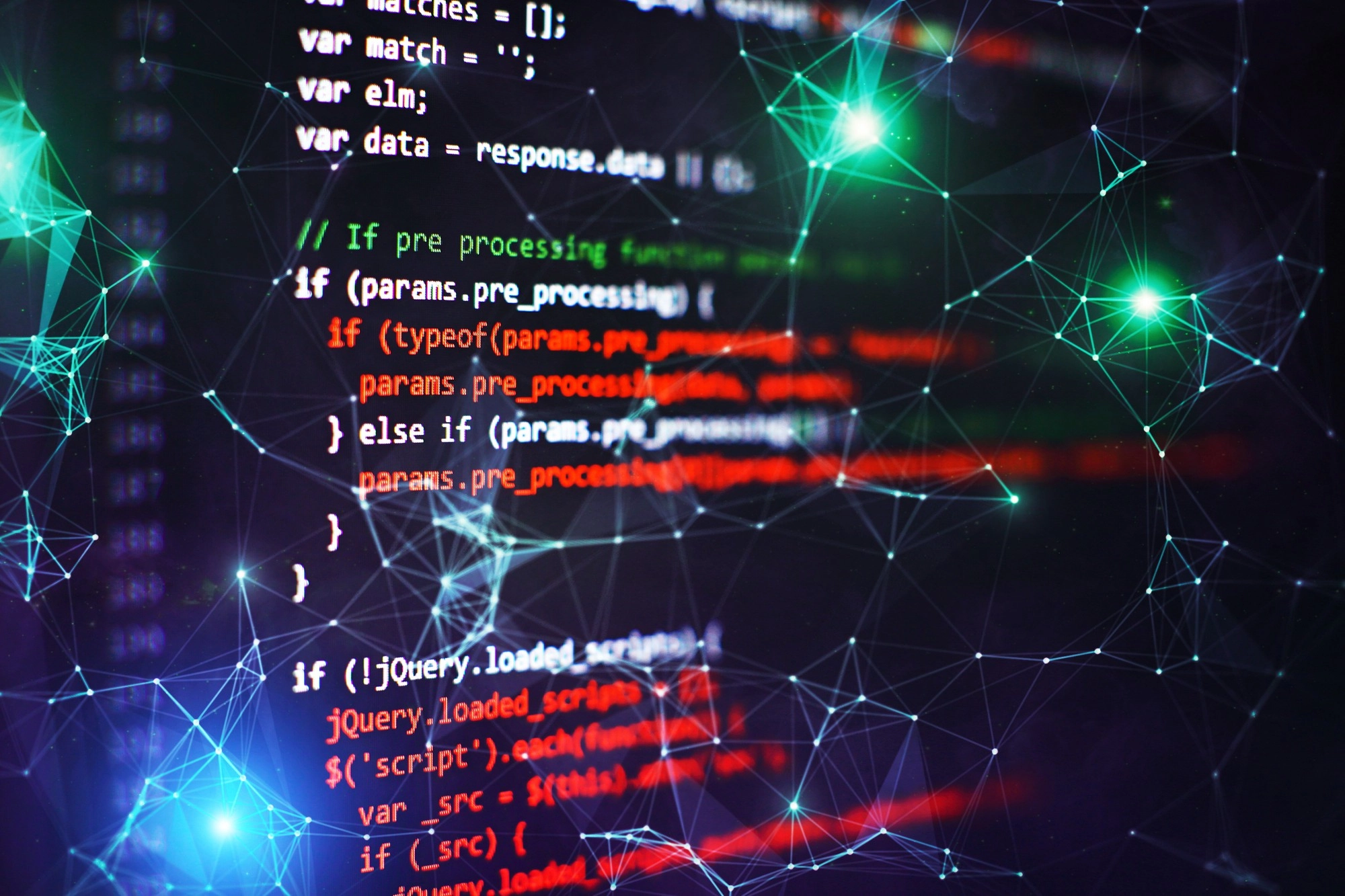-
 "NSA Joins Allies in Releasing Best Practices for Event Logging"
"NSA Joins Allies in Releasing Best Practices for Event Logging"The National Security Agency (NSA), together with the Australian Signals Directorate's Australian Cyber Security Centre (ASD ACSC) and international co-authors, has released a Cybersecurity Information Sheet (CSI) titled "Best Practices for Event Loggi
-
 "Microsoft Copilot Studio Exploit Leaks Sensitive Cloud Data"
"Microsoft Copilot Studio Exploit Leaks Sensitive Cloud Data"Researchers at Tenable have exploited a vulnerability in Microsoft's Copilot Studio tool to make external HTTP requests that could access sensitive information on internal services within a cloud environment, potentially affecting multiple tenants.
-
 "China-Linked 'Velvet Ant' Hackers Exploited Zero-Day to Deploy Malware on Cisco Nexus Switches"
"China-Linked 'Velvet Ant' Hackers Exploited Zero-Day to Deploy Malware on Cisco Nexus Switches""Velvet Ant," a skilled China-linked espionage group, has compromised edge devices and network appliances to improve stealth and persistence.
-
 "Novel Android Malware Steals Card NFC Data For ATM Withdrawals"
"Novel Android Malware Steals Card NFC Data For ATM Withdrawals"A new Android malware phishes card details and sends them to an attacker for ATM withdrawals. According to researchers at ESET, the crimeware campaign has targeted customers at three Czech banks.
-
 "Two Years On, Log4Shell Vulnerability Still Being Exploited to Deploy Malware"
"Two Years On, Log4Shell Vulnerability Still Being Exploited to Deploy Malware"Over two years after the Log4j zero-day caused global chaos, organizations still face exploits that push cryptocurrency miners and malicious backdoor scripts.
-
 "Cthulhu Stealer Malware Targets macOS With Deceptive Tactics"
"Cthulhu Stealer Malware Targets macOS With Deceptive Tactics""Cthulhu Stealer," a recently discovered malware, has been targeting macOS users, posing another significant cybersecurity threat to Apple's operating system.
-
 "Cisco Patches High-Severity Vulnerability Reported by NSA"
"Cisco Patches High-Severity Vulnerability Reported by NSA"Cisco recently announced patches for multiple vulnerabilities across its products, including a high-severity bug in its enterprise collaboration solutions.
-
 "FAA Admits Gaps in Aircraft Cybersecurity Rules: New Regulation Proposed"
"FAA Admits Gaps in Aircraft Cybersecurity Rules: New Regulation Proposed"New cybersecurity rules have been proposed by the Federal Aviation Administration (FAA) to mitigate vulnerabilities caused by the interconnectedness of modern aircraft.
-
 "Critical LiteSpeed Cache Plugin Flaw Exposes WordPress Sites"
"Critical LiteSpeed Cache Plugin Flaw Exposes WordPress Sites"A security researcher named John Blackbourn, through the Patchstack zero-day bug bounty program, has discovered a critical vulnerability in the LiteSpeed Cache plugin, potentially exposing millions of WordPress sites to severe security risks.
-
 "'Styx Stealer' Malware Developer Accidentally Exposes Personal Info to Researchers in 'Critical OPSEC Error'"
"'Styx Stealer' Malware Developer Accidentally Exposes Personal Info to Researchers in 'Critical OPSEC Error'"Researchers at Check Point found that a suspected developer of the "Styx Stealer" malware made an Operational Security (OPSEC) mistake, leaking client and earnings data from his computer.
-
 "PostgreSQL Databases Under Attack"
"PostgreSQL Databases Under Attack"Cryptojacking attackers are targeting poorly protected PostgreSQL databases running on Linux machines. Aqua Security researchers observed the attack on a honeypot system, which began with the threat actors brute-forcing access credentials.
-
 "Thousands of Apps Using AWS ALB Exposed to Attacks Due to Configuration Issue"
"Thousands of Apps Using AWS ALB Exposed to Attacks Due to Configuration Issue"According to the application security company Miggo, about 15,000 apps that use Amazon Web Services' (AWS) Application Load Balancer (ALB) for authentication may be vulnerable to attacks.
News